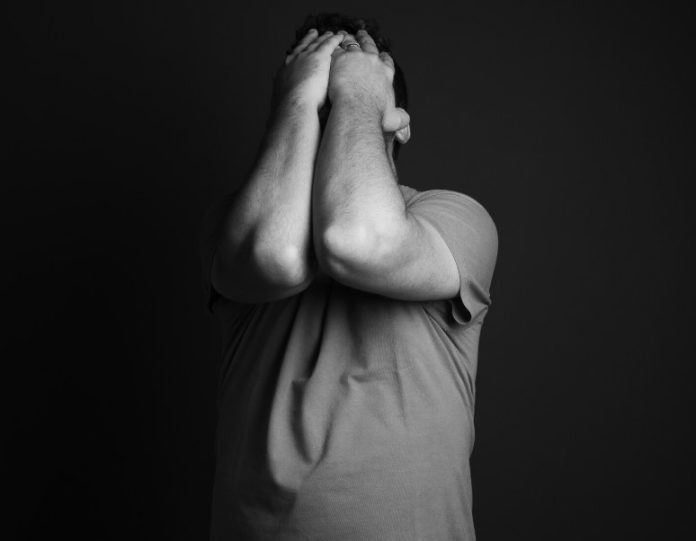You may be feeling anxious or down, but is it anxiety or depression? Anxiety and depression can look confusingly similar as they share similar symptoms. This can make it complicated to identify which of the two disorders you are suffering from.
To avoid this, we need to gain a clear distinction between the two and how they align with each other. If you’re interested in identifying the symptoms of either disorder, then this is the article for you.
Keep reading to know the differences between anxiety vs depression. Let’s get into it!
Physical Symptoms
Anxiety and depression are two of the most commonly diagnosed mental health issues. While they have similarities in many ways, they also have many differences. Anxiety can manifest itself with physical symptoms of:
- Racing heart and rapid breathing
- Difficulty concentrating
- Increased body temperature
- Excessive sweating and trembling
- Restlessness and sleep troubles
- Tightness in chest
In contrast, the signs of depression can cause physical symptoms such as:
- Fatigue
- Difficulty sleeping
- Appetite changes
- Aches and pains
- Slowed physical movements
It is vital to recognize the differences between anxiety and depression to determine the best course of treatment. If left untreated, both conditions can worsen and cause highly negative impacts on a person’s life.
The Psychological Dissimilarity
Anxiety is often described as a fear or apprehension that a person experiences in certain situations. It is normal to experience some level of anxiety when faced with a challenging situation. However, when its presence becomes overwhelming, it is classified as an anxiety disorder.
On the other hand, depression is a mood disorder that is marked by intense negative emotions. It is often accompanied by a feeling of hopelessness, low energy, apathy, and avoidance of social activities.
Additionally, anxiety’s focus is on the future, whereas depression is rooted in the past. Despite the differences between these two disorders, they are also often closely linked.
An individual with one of the disorders may experience symptoms of the other. So individuals need to learn about both disorders and the differences between them.
Approaches and Treatment Options
Anxiety and depression share many similarities, yet the two can be distinguished in how they respond to treatments. Studies have shown that ketamine treatment for anxiety issues works by resetting the neurological pathways of those living with anxiety.
So, where traditional medications haven’t been effective, ketamine may be the answer. While more research is needed on how it is best used, it may be an effective tool for those who have not found relief from other treatments.
On the other hand, depression care includes both medications and psychotherapy. All in all, it’s best to understand these mental issues to seek the right treatment when needed.
A Guide to the Differences Between Anxiety vs Depression
The effects and differences between anxiety vs depression are often debilitating and disrupt daily life. It is important to work with a qualified mental health professional to determine the correct diagnosis and create a treatment plan.
With the right help, you can learn to manage your symptoms and live a more fulfilled life. Take the first step today and reach out to a professional if you need help.
Did you find this article helpful? Check out the rest of our blog now!


